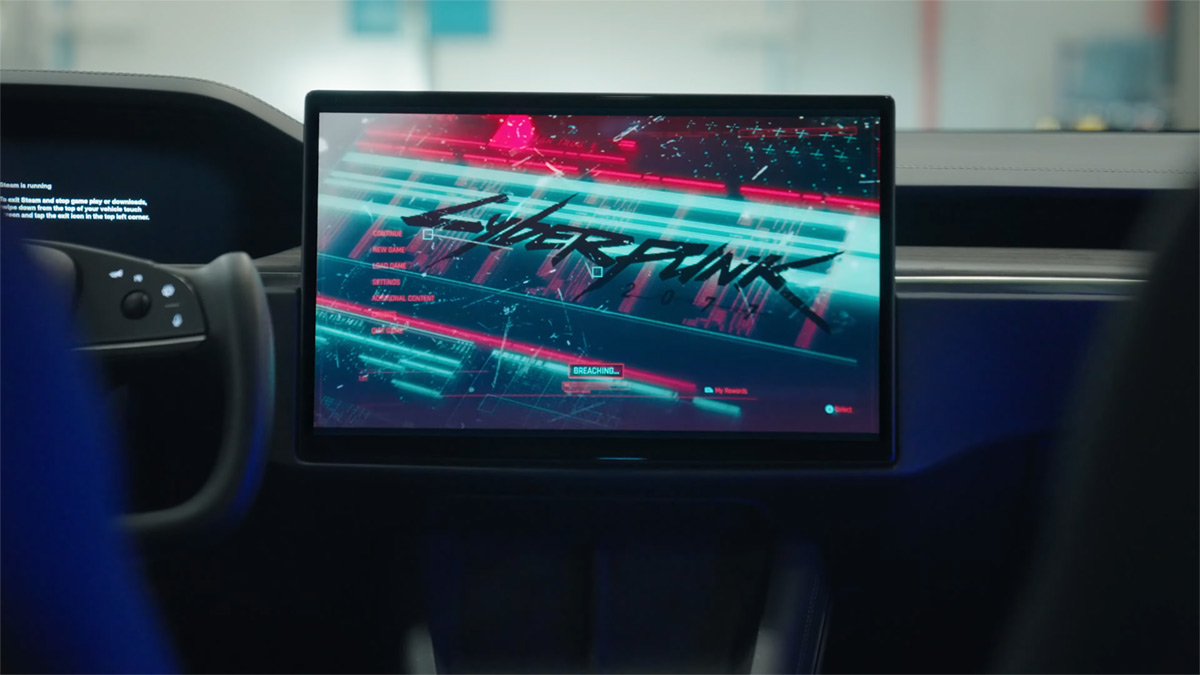Use of computer-aided technology during colonoscopy increases adenoma detection rate
[ad_1]
Colonoscopies carried out with laptop-aided detection, or artificial intelligence, (AI) saw an increase in the general rate of detection of adenoma, or cancerous and precancerous polyps, by 27 % in normal-hazard people, according to new info offered nowadays at the Digestive Condition 7 days Yearly Meeting.
The benefits of the potential, randomized, multicenter research, led by clinician-scientist Aasma Shaukat, MD, MPH, at NYU Grossman Faculty of Medicine, and published on the net in the journal Gastroenterology, discovered that when AI was made use of during a screening colonoscopy, the adenoma for every colonoscopy charge greater appreciably by 22%, from .82 to 1.05. This exploration additional suggests that AI can be an effective software for gastroenterologists and endoscopists to incorporate into their techniques to minimize the amount of polyps missed and left behind in the colon, a lot of of which can be precancerous.

Our findings insert to the rising quantity of literature that shows making use of laptop or computer-aided technological know-how during an endoscopy treatment can boost the good quality of examinations performed and enhance outcomes for our people. Quite a few software program systems are at this time offered for clinicians and incorporating the use of these means will only greatly enhance the care we provide our clients and strengthen the high-quality of exams we as doctors are able to carry out.”


Dr. Aasma Shaukat, the Robert M. and Mary H. Glickman Professor of Medication and Gastroenterology and Director of Outcomes Study for the Division of Gastroenterology and Hepatology

Colonoscopy is regarded the most helpful exam for colorectal most cancers screenings and avoidance as the procedure reduces the incidence and mortality by means of early detection. Through a colonoscopy, a health care provider inserts and threads a slim, adaptable tube known as a colonoscope into the rectum and through the full colon, or big intestine. The colonoscope is geared up with a compact camera at its finish that permits the physician to visualize and analyze the lining of the colon and rectum as they withdraw the scope. If the doctor identifies an abnormal advancement or polyp during the method, they will eliminate it and have it sent to pathology for a definitive prognosis.
Even though the technique is effective, results differ dependent on the talent of the doctor performing the test and an estimated 30 % of polyps are missed all through a standard course of action. In an work to improve excellent and efficacy researchers are operating with synthetic intelligence platforms to act as a 2nd established of eyes for the endoscopist. A laptop-aided detection was produced for the identification of colorectal polyps during higher-definition white-light-weight colonoscopy strategies. The gadget analyzes the colonoscope online video feed in genuine time to determine prospective polyps and determine regions of concern on the check that the endoscopist can glance at in serious time, consequently improving upon the outcomes of the treatment.
Analyze aspects
For the research, 22, competent, board-accredited gastroenterologists performed colonoscopies on 1,440 individuals through January 2021 – September 2021, who were being randomized to get either a typical colonoscopy or a colonoscopy working with laptop or computer-aided detection application. All people integrated in the examine were around the age of 40 and were being undergoing a screening or surveillance colonoscopy, but who had not experienced a preceding colonoscopy in just the very last three a long time. 677 people were randomized to the common arm and 682 into the computer-aided arm. The selection of polyps uncovered applying a laptop or computer-aided colonoscope was 1.05 when compared to .82 [MOU1] and there was no lessen in the accurate histology level indicating the polyps of problem were all removed.
“Colorectal most cancers is the 2nd main bring about of most cancers linked deaths in the United States and it is one particular of the couple cancers that can be prevented if caught early,” claimed Dr. Shaukat. “Our mission remains to improve and greatly enhance the good quality and efficacy of the colonoscopy across the board to deliver the most effective treatment for people.”
The scientists acknowledge that very long-expression stick to up reports are needed to further more examine the reward of personal computer-assisted products on scientific outcomes.
In addition to Dr. Shaukat, other researchers associated with the analyze are David R Lichtenstein, MD, Samuel C Somers, MD, MMSc, Daniel C Chung, MD, David G Perdue, MD, MSPH, Murali Gopal, MD, Daniel R Colucci, BS, Sloane A Phillips, MBA, Nicholas A Marka, MS, Timothy R Church, PhD, and William R Brugge, MD, for the SKOUTTM Registration Analyze Team. The study was funded by Iterative Scopes, Inc.
[ad_2]
Source website link






